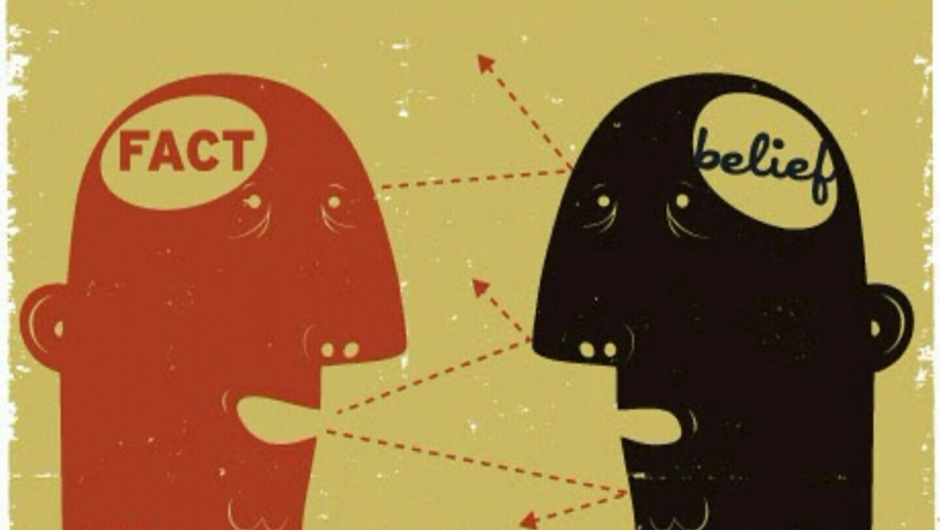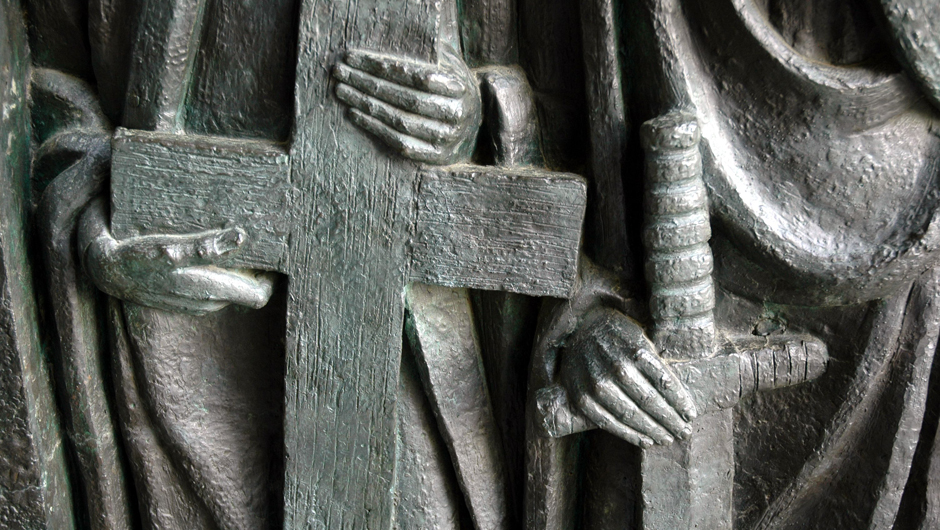As we each experience life at school, home, church, work, watching TV etc, we are bombarded with information that causes us to form biases. Some biases are conscious while others are unconscious. Some of these biases we consciously accept as our own while others we reject. Subconsciously many more biases are decided and acted upon with us realizing. These biases fall into the subconscious level. Even though we are not aware of implicit biases, they determine our beliefs, values, ideas, and actions every day. It is important to take a step back and acknowledge these subconscious biases and understand how we came to accept these biases as our own.
God consistently questions our beliefs, values, and motives. As followers of Jesus, we are called upon by God to take an intentional look at implicit bias that we make. The consequence that follow these actions based on these biases. By taking an intentional look at implicit bias, we commit to rooting out the biases that are corrupted by stereotype, prejudice and separate us from what the Bible tells us. We are all routinely biased, we just don’t know that we are that’s why it’s subconscious or implicit. The bad news is becoming a believer of Christ doesn’t automatically take this away. We tend to identify with our in-group. In-group Christianity is normal because we’re sinners, we’re fallen and we’re broken,”

A bias is a subtle form of oppression. The apostle James makes a compelling case explaining bias and cautioning against it. Apostle James says in James 2:9, “ 9 But you sin if you don’t treat everyone the same. The law judges you because you have broken it.” The apostle James was addressing an issue of showing special treatment to a person or persons based on their social standing. He illustrates this with a hypothetical scenario where two men come into a church gathering: one is rich and is given the best seat in the house; the other is poor and is asked to stand out away or sit on the floor. The rich man is given privileges because of his wealth, but the poor man is despised because of his poverty. Such treatment, James says, is evil.
Although James is addressing a issue of class discrimination, the principle helps us address any and all other practices of bias, including those based on race. (It was not too long ago that people of color could not sit on the front seats of a bus.) In many ways, this reality resembles a “caste system” where there are hierarchical structures that say to its subjects, “You are not all equal,” and, “Here is your label and place.” This has caused profound generational suffering and loss, including economic, cultural and identity devastation for people of color and marginalized groups.
Many of us would be appalled to think that such blatant partiality or bias that mirrors a “caste system” could exist in a country founded on the principle that “all are created equal” and that “life, liberty and the pursuit of happiness” is a right for all people — the American Dream. Nevertheless, even as this nation of ours may create more economic opportunities for people than any other place, we continue to have deeply embedded unfair policies and attitudes like “redlining,” discriminatory, unfair and inconsistent application of the rule of law and distribution of community resources that give preferential treatment to some people over others.
The challenge is that these harmful practices are microaggressions claiming in a subtle yet hostile and derogatory way that some people are more valuable than others. This stigmatization continues to enslave people emotionally, mentally and spiritually. For example, when someone is born into privilege, often they don’t have to prove themselves (or as much) to get ahead in life, while others must work twice as hard. The issue is a system and culture that picks “winners” and “losers” based on race, gender, wealth, along with many other labels. This can be observed by noticing how someone that is not privileged is often questioned about their capacity to accomplish a task. The tragedy is that this is normalized and internalized by both sides: “we are more (winners)” and “we are less (losers).”
I hear from young people about how they have claimed the labels whether it is because of their age, socioeconomic status, or whatever label it may be, and have settled for less than what they could dreamed or accomplish. Because of this, I often wonder how many children who grew up in our church have been robbed of their uniqueness because they thought of themselves as “not part of in-group.” These mental chains are heavy. To treat people in such a way is a terrible sin that
plagued the early church and has continued to plague the church and society at large in every generation. To finish, the apostle Paul, in talking about prejudice and favoritism in the church, says that, “If one member suffers, all suffer together with it; if one member is honored, all rejoice together with it” (1 Corinthians 12:26).
Paul makes a compelling case about denying some people in our communities their sacred worth and giftedness because they are different. And, he says that by doing so, we are harming each other. By now, as we are witnessing the upheaval and unrest, the bickering and racial divide all around us, there should be little doubt how we all share in the pain, abuse and oppression of a segment of our community that has been affected by racism and bias — “if one suffers, we all suffer together.” I believe that the work towards eradicating unjust practices of racism and bias must be a top priority of our church because of our faith in Jesus Christ, which is what James is saying: “Because of your faith, you should not play favoritism but treat everyone as fellow brother and sister.”
My prayer is for us to be guided by the principle of “loving our neighbor as we love ourselves” (Matthew 22:39), meaning, just as we care about our own needs, feelings and desires, we must show the same care for the needs, feelings and desires of others. We don’t need to have all of the answers; we simply need to start asking the right questions from a place of compassion.
Ask yourself the following questions to evaluate if we have biases or perpetuate biases in our environments
1. Do you reserve leniency, favoritism, understanding or the free pass to anyone or are you critical of people?
2. Do you call out biases when you see it?
3. If you are called out, do you defend or accept responsibility?
4. Do we foster and nurture communities (at home, church, work, school, etc.) where anyone belongs, and is respected and treated with dignity and everyone’s voice is heard?
5. Have you spent time to learn what your biases are?
6. Do you recognize stereotypical thinking?
7. Do you take time to substitute assumptions and biases?
8. Do you take time and get to know and understand individuals?
9. Do you explore new perspectives?
10. Do you treat other they way you would like to be treated?
Once we cultivate awareness of our biases, we should work to increase empathy and empathic communication and practice loving our neighbors as ourself and being kind and make every effort to develop friendships with people who are very different from us so that we become all that GOD wants us to become.




